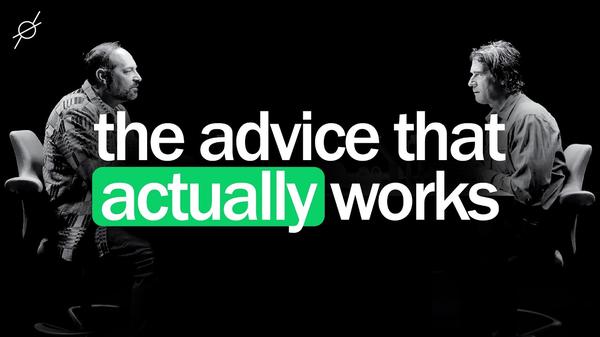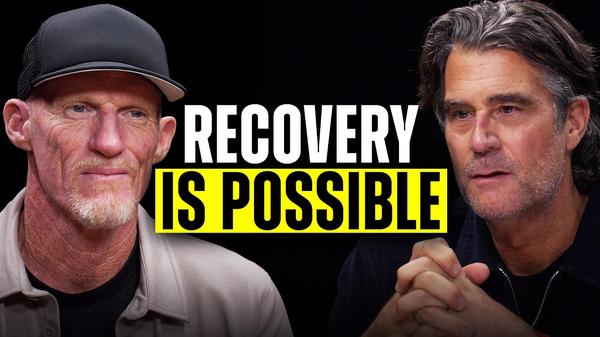
Trauma Is Holding You Back: Trauma, Survival, Healing & Hope | Kimberly Shannon Murphy
Rich Roll
Aug 22, 2024
Mindsip insights from this episode:
Reconnect with your senses through psychedelics
After a lifetime of being disconnected from her body due to trauma, the speaker heard birds and felt the wind on her face for the first time only after her first MDMA therapy journey.
Utilize expert resources for effective trauma healing
For those healing from trauma, the speaker recommends resources from Dr. Gabor Maté, Dr. Judith Herman, Dr. Dick Schwartz (Internal Family Systems), Dr. Bruce Perry, and Dr. Ramani Durvasula.
Explore trauma behind everyday aversions
A strong aversion to indoor plants was traced back to a forgotten childhood memory of being pushed into a cactus by an abuser, a connection that was only revealed during a psychedelic journey.
Acknowledge breastfeeding's potential to trigger trauma flashbacks
For survivors of childhood abuse, the sensory experience of breastfeeding can bring back massive flashbacks, a little-known phenomenon that can make it feel impossible to continue.
Ask your partner what they need when triggered
When a partner is triggered, the instinct to hug them can be jarring; instead, ask what they need in that moment, whether it's a hug, to be left alone, or for you to just sit there with them.
Discover glimmers to counter trauma responses
A 'glimmer,' a term coined by Dr. Deb Dana, is the opposite of a trigger and represents the small moments of joy or safety that can serve as an antidote to trauma responses.
Accept reality to heal without forgiveness
The speaker believes you don't have to forgive your abuser to heal or move on, as some things like molesting a child are not forgivable, and acceptance is a more achievable goal.
Recognize primary trauma as loss of adult support, not abuse
According to Dr. Gabor Maté, the primary trauma for an abused child is not the sexual abuse itself, but being cut off from all adult support, which is what allowed the abuse to happen in the first place.
Recognize trauma reenactment in extreme sports
There is a correlation between high-intensity sports and trauma, where pushing your body through pain provides a sense of satisfaction by making the physical pain on the outside match the emotional pain on the inside.
More from
Rich Roll
#1 Nutrition Scientist: This Is Why You Struggle To Lose Weight | Kevin Hall, PhD
This Is How You Start Over Stronger: A Reinvention Masterclass | Gregg Renfrew
Surviving Your Rock Bottom
The Quarterback Who Lost Himself In Drugs & Found Himself In Love | Todd Marinovich
#1 Time EXPERT: Being “Productive” Is Making You MISERABLE | Oliver Burkeman
You also might be interested in
The Hidden Damage That Happens "Behind-The-Scenes" In The Adult Entertainment Industry, With Former Adult Actress Felicity Feline
How to Set & Achieve Goals | Huberman Lab Essentials
The Science of Erotic Altered States | Biohacking Sex
Neuroscientist: If You’re Feeling THIS, You’ve Lost Touch With Your True Self
Neuroscientist: If You Feel THIS, You're Living the Wrong Life (Unlock The One You're Meant For)












